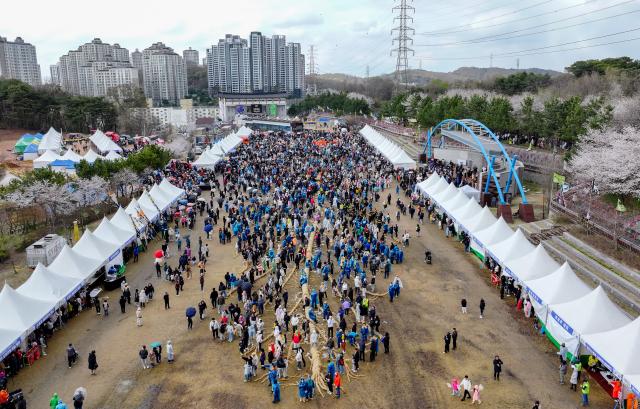
SEOUL, April 15 (AJP) - From April 10 to 13, Dangjin in South Chungcheong Province reverberated with the rhythmic chants and straining muscles of thousands gathered for the annual Gijisi tug-of-war festival, a vibrant tradition that transcends mere sport.
Designated as UNESCO Intangible Cultural Heritage in 2015, the Gijisi tug-of-war is deeply rooted in agricultural ritual, a communal prayer for a bountiful harvest and protection against calamities.
The scale of the Gijisi event is its most striking feature.
Two immense ropes, each stretching 100 meters, are conjoined to create a 200-meter behemoth with a diameter exceeding one meter. So vast are these central cords that an adult seated atop would find their feet dangling above the ground. Numerous smaller ropes, like thick vines, sprout from the main cables, providing handholds for the throngs of participants representing different villages.
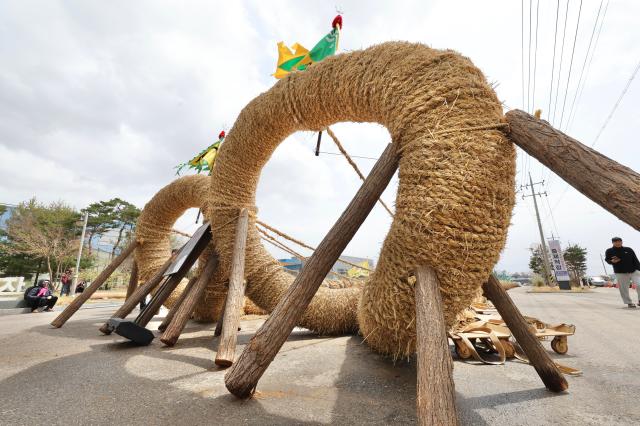
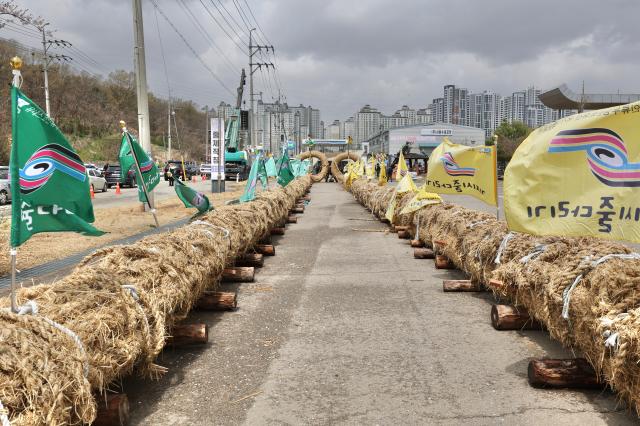
Before the spirited contest commences on a broad expanse of open ground, a solemn rope ritual known as "Julgosa" unfolds. Ceremonial tables laden with offerings are arranged at the head of the massive rope. Here, prayers are offered for a safe and successful event. In a distinctive element of the ceremony, alcohol is reverently presented to the tug-of-war rope itself.
Following the ritual, the coiled thinner ropes are unfurled and meticulously reattached to the main cable. Then, in a lively procession called "Gilnori," locals and visitors unite to transport the weighty rope from its place of creation to the competition grounds. Leaders, perched atop the colossal cords, wave flags and sound signaling devices, their calls of "euiyeocha" echoing through the crowd.
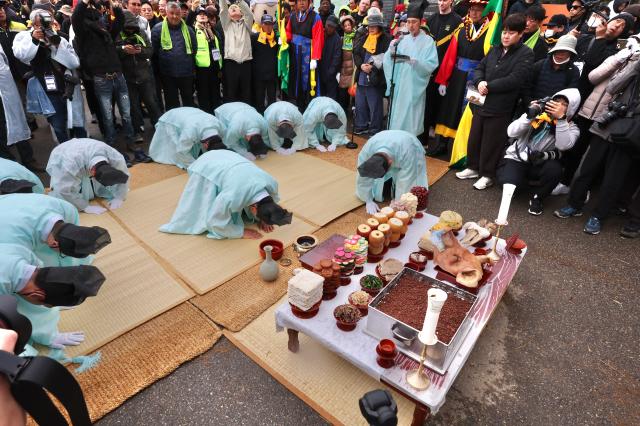
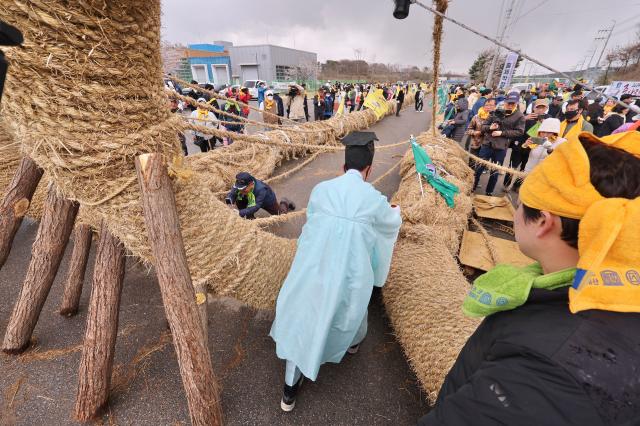
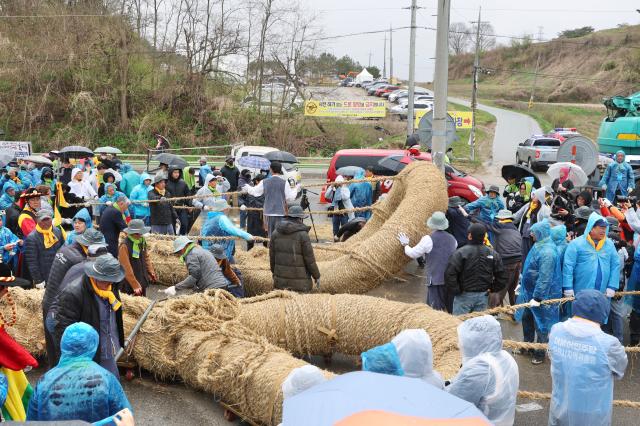
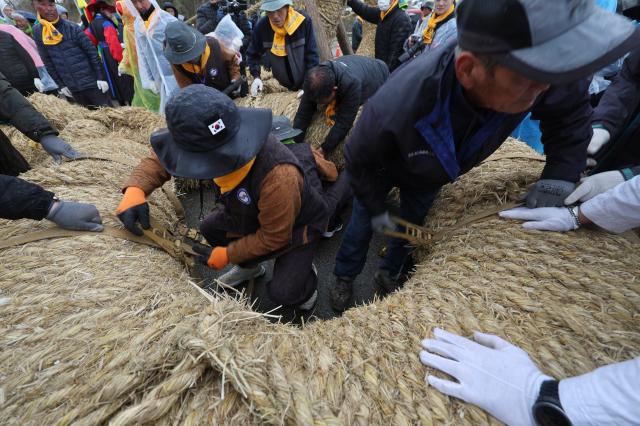
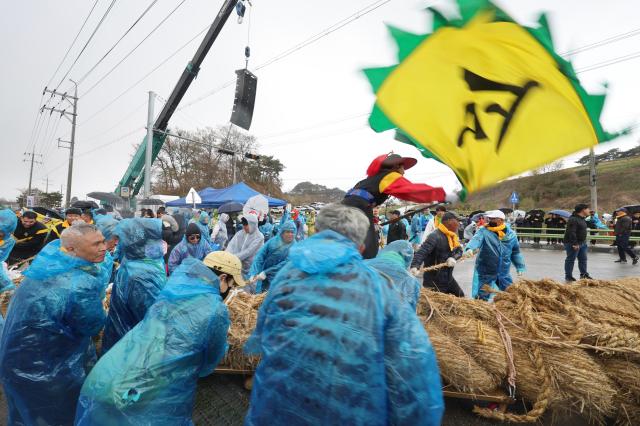
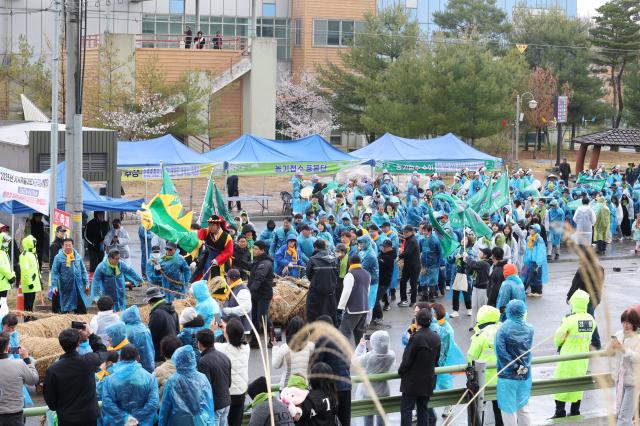
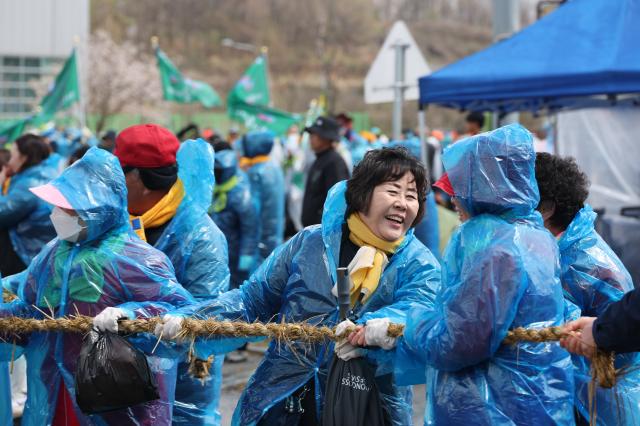
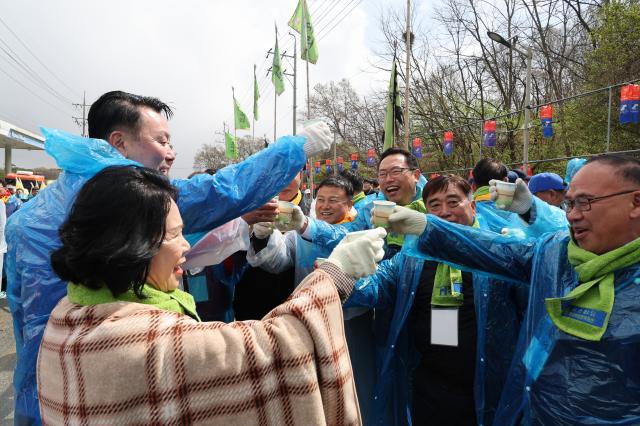
The tug-of-war itself is more than a test of strength; it fosters a profound sense of unity and camaraderie, nurturing hometown pride and embodying both recreational joy and deep spiritual aspirations.
An enduring belief associated with the Gijisi tug-of-war holds that the victor’s side foretells national peace, while the opposing triumph promises a prosperous harvest and abundance for all. The festival stands as a testament to the cooperative spirit and solidarity of traditional rural Korean society, seamlessly blending elements of Confucianism, Buddhism, and shamanism into a unique folk religious event.
The Gijisi tug-of-war, with the enthusiastic participation of entire villages, is a living cultural heritage that vividly illustrates the enduring community spirit of Korea’s agricultural past.
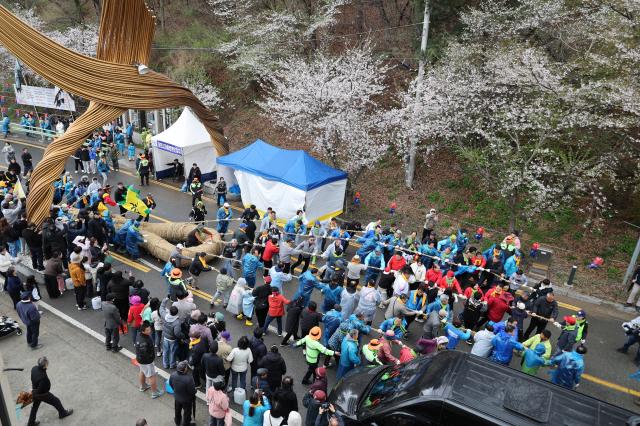
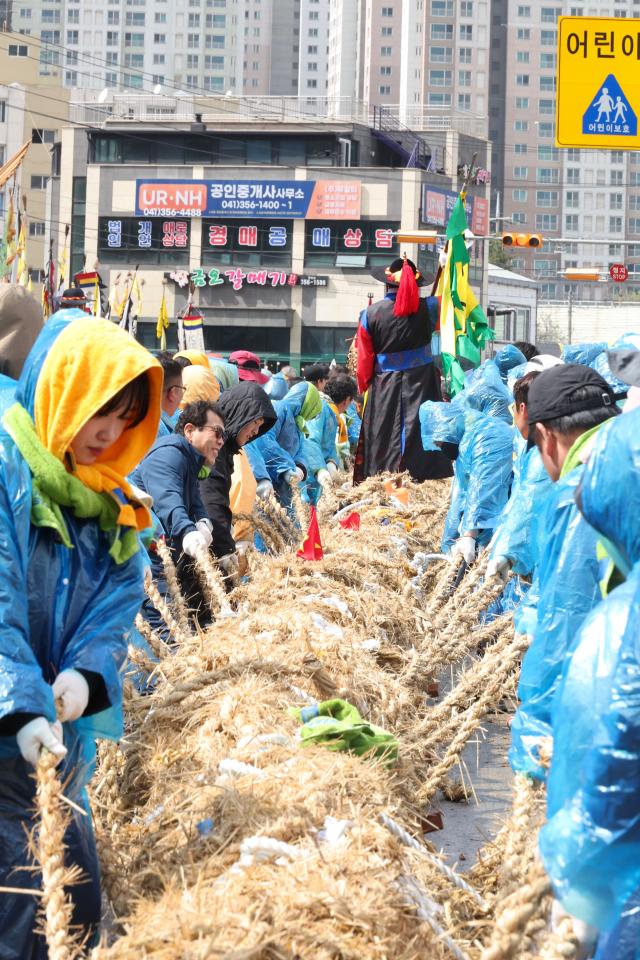
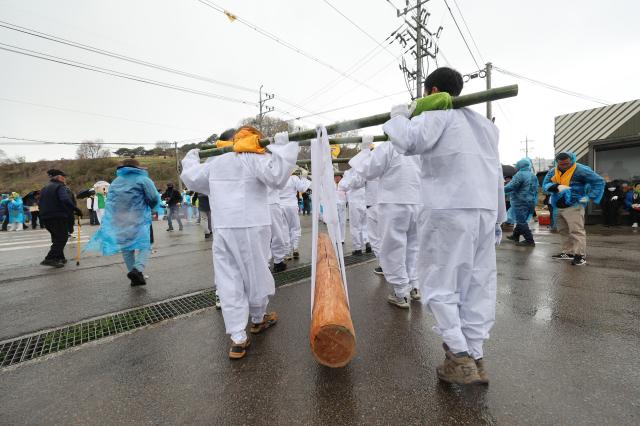
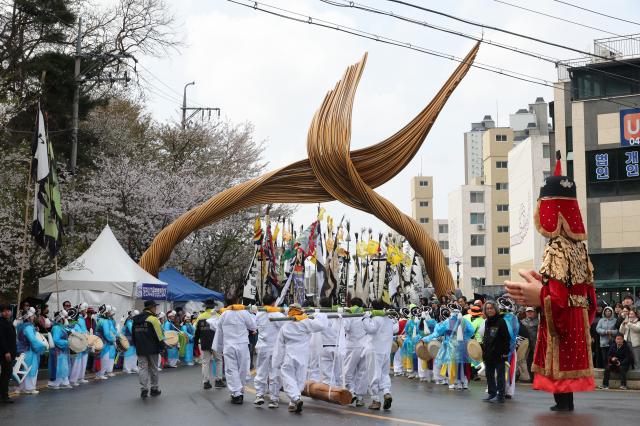
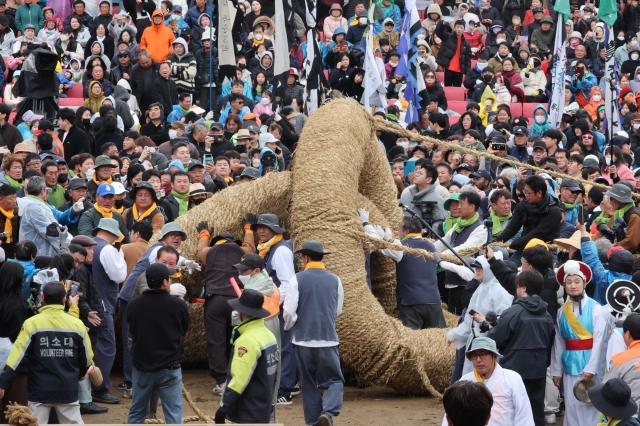
Copyright ⓒ Aju Press All rights reserved.


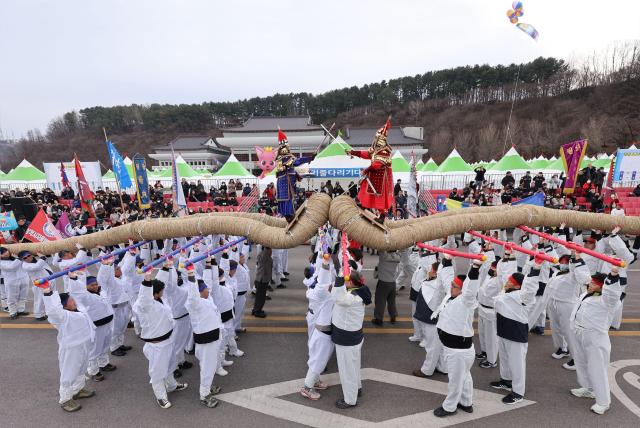
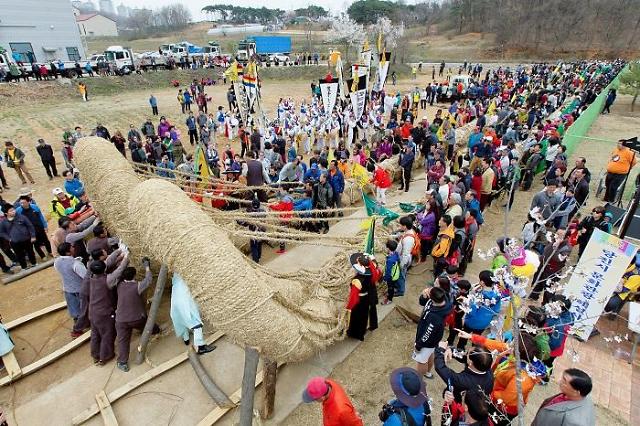
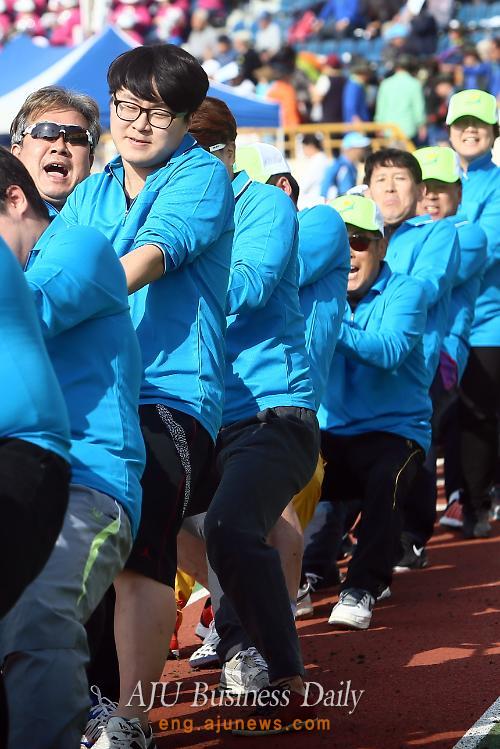
View more comments